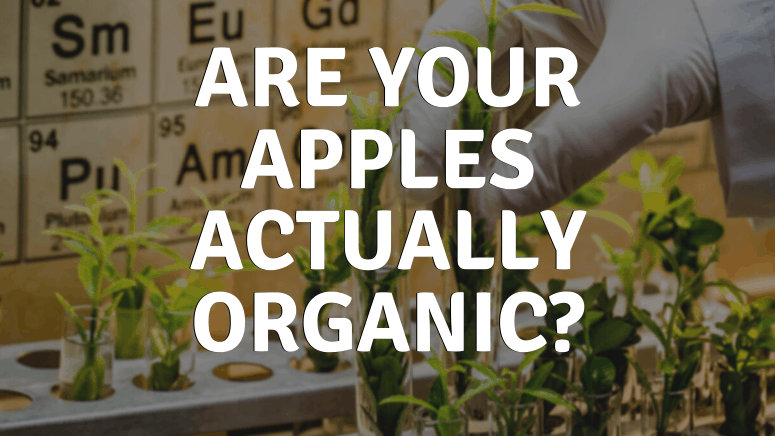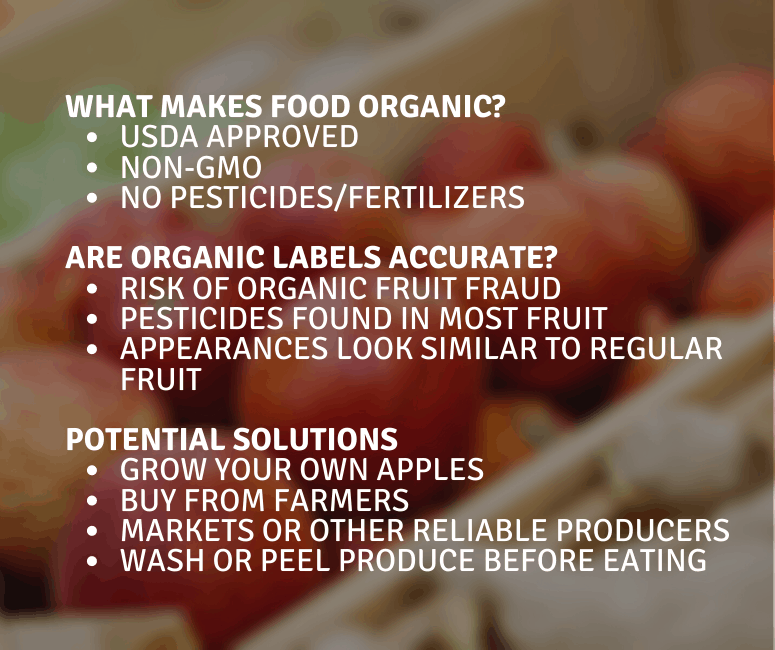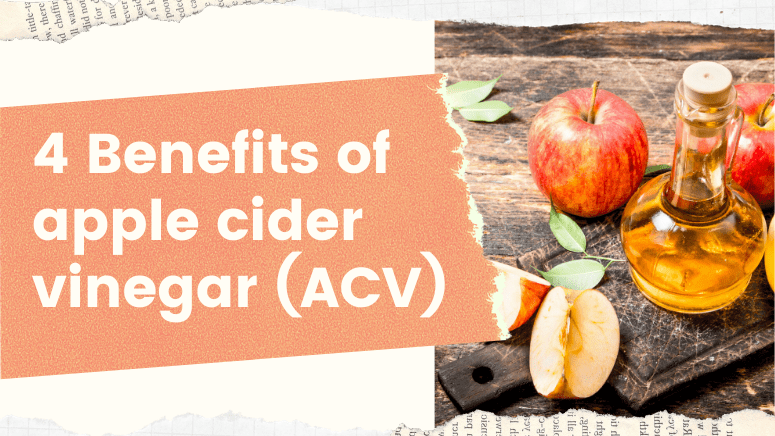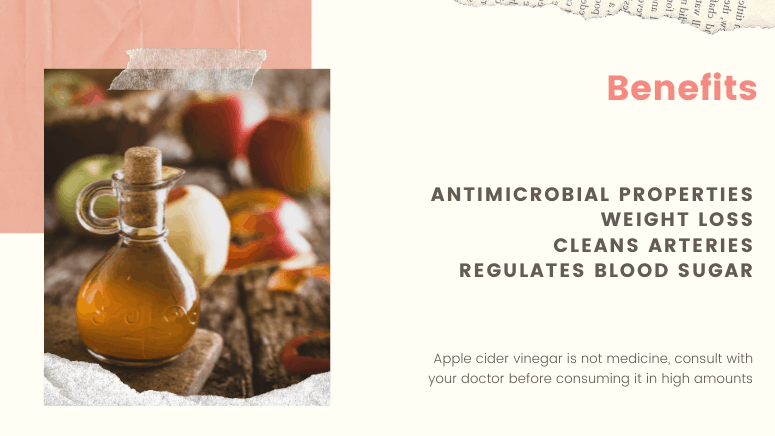



Jazmin A. Mendieta Gauto
Blog Editor
One Apple a Day Will Keep the Doctor Away
Have you ever googled your symptoms after feeling a bit ill or experiencing body ache?
If you are like me, you have, indeed, googled your symptoms. And let me tell you that the results can be quite intimidating.
Let’s be honest now, most people google their symptoms because they do not want to go through the process of making an appointment and going to the doctor. They would rather stay in pain and live without knowing what is going on with their bodies. And, even though these people (cough — you and I) should stop playing games and get medical help if necessary, there is one easy method that can improve our health and, maybe, help us avoid that doctor’s appointment:
Eat one apple a day.
Yes, I know. This is revolutionary.
You have probably been eating apples (and other products that derive from apples) since you were a little kid. And perhaps it is time to go back to old habits and eat this fruit (that probably reminds you of school lunches) instead of chips and salsa in the afternoons.
One apple; multiple benefits. Here is why this good old habit is great for you:
- Eating one apple a day can protect you from chronic diseases. Apples contain chemicals that protect people from the “triggers” that start Alzheimer’s and Parkinson’s Diseases as well as Colon, Lung, and Prostate Cancers.
- Eating one apple a day can help improve your cardiovascular condition. Studies have shown that “[w]omen ingesting apples [experienced] 13-22%” less chance to suffer from a cardiovascular disease.
- Eating one apple a day can help “mitigate” the effects of Type II Diabetes. More specifically, a fresh apples has components that help improve insulin sensitivity in people with type II Diabetes.
- Eating one apple a day can prevent a cholesterol build up in your blood vessels because of its high fiber content.
- Eating one apple a day can help prevent osteoporosis because of its boron (mineral element) content.
- Eating one apple a day can help cleanse your intestines because of its, once again, high fiber content. In other words, this fruit can help cleanse your intestinal tract and help you digest your food better.
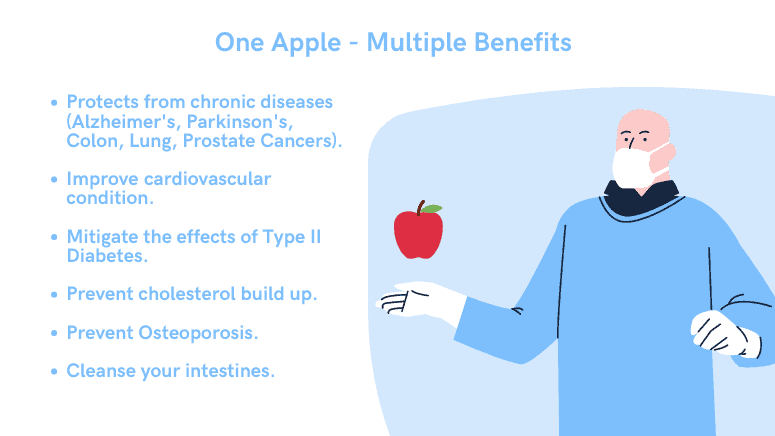

Now you might be thinking: “All this sounds great but eating an apple — just a plain apple — everyday is kind of… boring.”
And I, in fact, agree with you.
Here are some fun ideas that will help you replace chips and salsa for a healthy snack that can help prevent and/or mitigate chronic diseases. These ideas do not alter the nutritional benefits of apples:
Sliced apples with peanut butter. Slice an apple and just dip it in peanut butter. Classic!
Sliced apples, oatmeal, and greek yogurt in a bowl. Yum!
Baked Apple Chips with cinnamon. You only need two things: an apple and cinnamon. Easy!
Apple Cookie snack. Slice some apples and add some peanut butter with chocolate chips on top!
Apple Wedges snack. Slice some apples and spread almond butter on them! Don’t forget to add some granola. Yum!
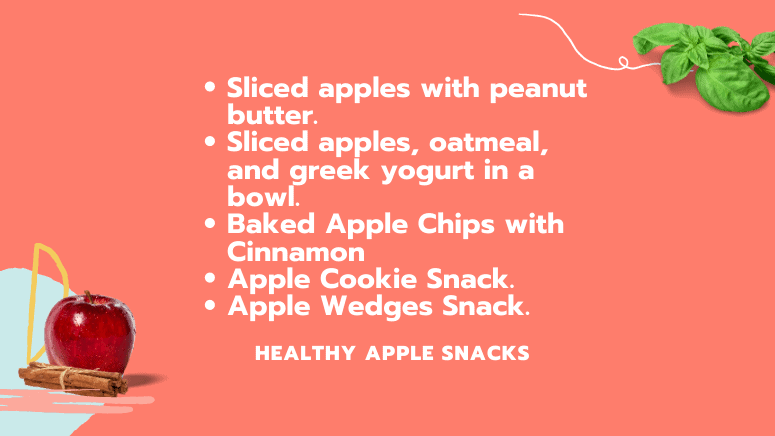

Or maybe try drinking Ryan’s Apple Juice, we only extract juice from the best apples in the Northwest. No sugars or preservatives added nothing but 100% natural apple deliciousness.
And just like that, anyone can easily go back to the good old habit of eating one apple a day and enjoy of its multiple benefits.
These health claims are not made by HRJCO and/or approved by the FDA to treat or cure any condition or illness.
Sources:
Touyz LZG (2016) Demystifying Apples in Health and Dentistry. Dent Health Curr Res 2:1. Retrieved from: https://www.researchgate.net/profile/Louis_Touyz/publication/301581646_Demystifying_Apples_in_Health_and_Dentistry/links/573e1f2308ae9ace84113029/Demystifying-Apples-in-Health-and-Dentistry.pdf
Boyer, J., Liu, R.H. (2004). Apple phytochemicals and their health benefits. Nutr J 3, 5. Retreived from:
https://link.springer.com/article/10.1186/1475-2891-3-5
H.P. Vasantha Rupasingue, et al. (2013) “Polyphenols of Apples and their Potential Health Benefits.” Nova Scotia Agricultural College, Canada. Retrieved from: https://www.novapublishers.com/wp-content/uploads/2019/10/978-1-62081-809-1_ch16.pdf
Apples… (2010, September, October). Better Living for Texans. Retrieved from: http://hockley.agrilife.org/files/2011/09/October-Newsletter1.pdf
Five reasons to eat an apple everyday (2010, September, October). Better Living for Texans. Retrieved from: http://hockley.agrilife.org/files/2011/09/October-Newsletter1.pdf
Apples… (2010, September, October). Better Living for Texans. Retrieved from: http://hockley.agrilife.org/files/2011/09/October-Newsletter1.pdf

